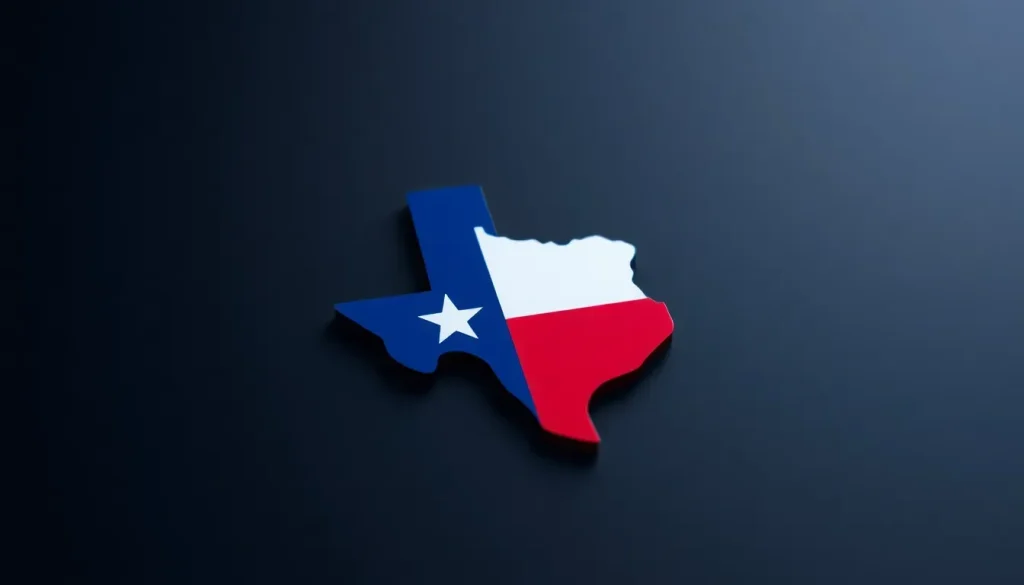Apple introduces new app requirements for Texas availability

With the digital landscape evolving rapidly, the implications of app usage and user privacy are becoming more pronounced. In Texas, a new law is set to reshape how app developers manage user accounts, particularly for younger audiences. This move by the state has prompted significant changes from major tech companies like Apple.
Understanding these new requirements is crucial for developers and users alike. Below, we explore the details of Texas SB2420 and its impact on app development and user privacy.
- New Texas legislation requires age assurance for apps
- Key changes for Apple account creation
- Impacts on developers and app management
- Geographical scope of the law
- Previous developments in family safety tools by Apple
- Looking forward: The future of app regulations
- Essential accessories for iPhone users
New Texas legislation requires age assurance for apps
Texas has recently enacted SB2420, a law mandating that apps enforce age assurance mechanisms for their users. This is a pivotal change in the regulatory environment for app marketplaces, particularly affecting how developers handle user data. The law is set to take effect on January 1, 2026, and it aims to enhance online safety for minors.
In a recent announcement on the Apple Developer website, the company expressed its commitment to the goal of improving online safety for children while also raising concerns about potential privacy implications. The requirement to collect sensitive personal information for app downloads could infringe on user privacy, especially for casual app usage like checking the weather.
Key changes for Apple account creation
Under the new law, anyone creating a new Apple account will need to confirm their age. Specifically:
- If a user is 18 years or older, they can proceed with standard account creation.
- Users under 18 will be required to enroll in a Family Sharing group, allowing parents or guardians to maintain oversight on app downloads and purchases.
This move is designed to ensure that minors are protected and that adult supervision is readily available. The Family Sharing system will thus play a vital role in app interactions for younger users, making parental consent a prerequisite for various activities.
Impacts on developers and app management
Developers will face significant adjustments due to the new requirements of SB2420. Apple has confirmed that developers will need to implement new functionalities to comply with the law:
- Developers must integrate capabilities to ascertain users' age categories while ensuring privacy.
- Apple will introduce the Declared Age Range API to facilitate compliance with the law without requiring users to input their exact birth dates.
- Developers will also gain access to new APIs that will help manage parental consent and account changes effectively.
These changes reflect a broader trend in the industry toward prioritizing user safety and privacy. While they present challenges for developers, they also offer an opportunity to create more secure digital environments for users.
Geographical scope of the law
It’s important to note that Texas SB2420 is a state-specific regulation. This means that the immediate effects will only be felt by users and developers within Texas. However, the implications of this law could ripple outwards, as similar regulations are anticipated to be enacted in other states such as Utah and Louisiana in the latter part of 2026.
This state-by-state approach raises questions about the standardization of app requirements and the potential for fragmentation in user experiences across different regions. Developers may need to adapt their apps based on the specific regulations of each state where they operate.
Previous developments in family safety tools by Apple
Earlier this year, Apple announced new family safety tools slated for release with iOS 26. These tools include features specifically designed to enhance child account management. Among these features is the Declared Age Range API, which allows users to share their age range with apps while protecting their private information.
These advancements indicate Apple's proactive stance on user privacy and safety, especially concerning children. As laws like SB2420 gain traction, such features may become essential for compliance and user trust.
Looking forward: The future of app regulations
The implementation of SB2420 in Texas is likely to set a precedent for other states and may inspire similar regulations across the United States. As states seek to bolster online safety for minors, developers will need to stay informed and agile in adjusting their practices.
In addition to the legislative changes, the landscape of app development is continuously evolving. Developers will have to balance compliance with user experience, ensuring that safety measures do not detract from the usability of their apps.
For those interested in the ongoing developments regarding age verification and app store policies, this video on Texas's new app requirements provides insightful commentary and expert opinions on the implications of the law.
Essential accessories for iPhone users
As app developers navigate the new regulatory landscape, users can enhance their experience with various iPhone accessories. Some top picks include:
- AirPods Pro 3
- AirTag 4-pack (now only $65, down from $99)
- MagSafe Car Mount for iPhone
- 10-year AirTag battery case 2-pack
- 100W USB-C fast charging power adapter
These accessories can enhance the overall functionality and usability of your device, making everyday tasks easier and more enjoyable.
Understanding the implications of new legislation like Texas SB2420 is vital for both developers and users. As the digital environment continues to evolve, staying informed about regulatory changes will be crucial in navigating this complex landscape.



Leave a Reply